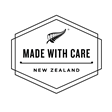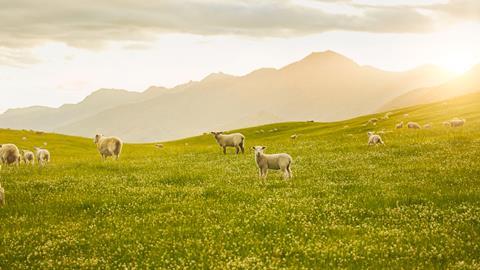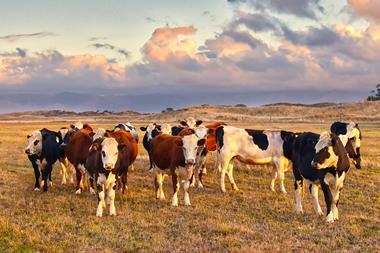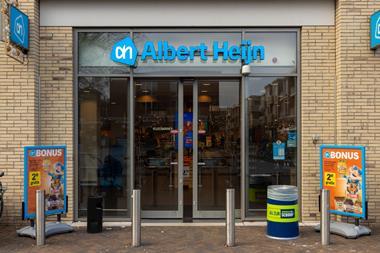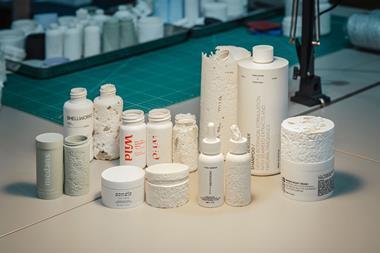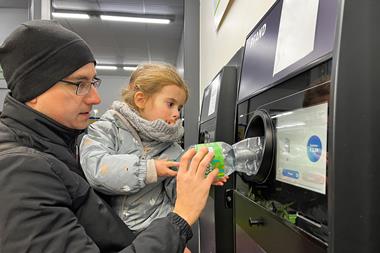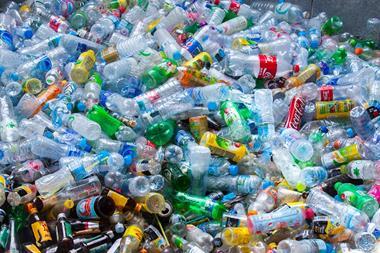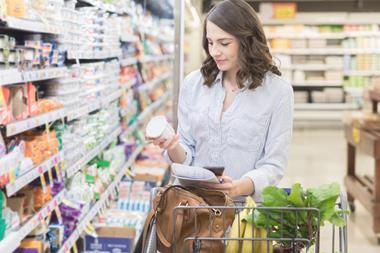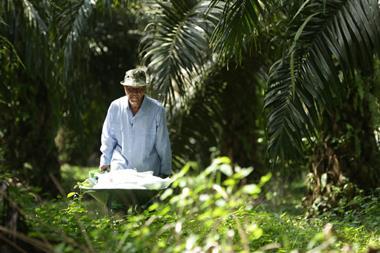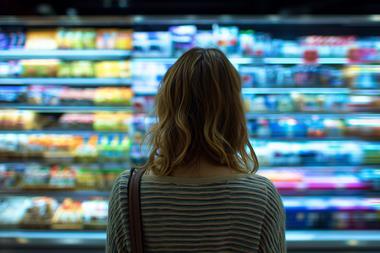With UK retailers under pressure and scrutiny to achieve their sustainability goals, sourcing supply from close to home need not be the only option as there are plenty of arguments to support looking further afield.
UK retailers are facing a monumental challenge. Decarbonising supply chains while balancing price competitiveness with quality and reliability year-round is no mean feat. And with pressure to achieve net zero by the government’s 2050 deadline, they have to operate under the spotlight of sustainability commitments being scrutinised by consumers and regulators alike.
This means that retailers’ sourcing models are having to evolve to meet these targets, while future-proofing resilience and reputation.
Global partnerships are emerging as a critical part of the solution. And while sourcing from producers closer to home is often assumed to be greener, the truth is in fact significantly more nuanced.
Lifecycle emissions – tracking a product’s impact from farm to waste, looking at everything from farm practices to transport and beyond – show that sourcing from other countries can offer a sustainable solution alongside home-grown produce, without compromising on product integrity or consumers’ expectations.
Opening up shelves to global produce also allows retailers to make the most of the annual growing season, stocking the freshest seasonal produce all year.
How New Zealand can make a difference
New Zealand is one such market that can offer UK retailers a sustainable solution to sourcing premium produce throughout the year. Thanks to its reverse growing season, New Zealand offers fresh produce when conditions are more challenging in the northern hemisphere. And awareness of New Zealand produce is rising, with eight out of 10 premium grocery shoppers drawn to the nation’s premium quality, sustainability credentials, and ethical production [Kantar].
Paired with its fulfilment potential is a food and drink industry rooted in measurable, science-led sustainability. As a country that exports 85% [MPI] of its food and beverage production, mostly to premium markets, New Zealand has built a globally respected system that combines traceability, ethical standards and climate leadership.
At the heart of this is a foundation of pasture-based agriculture, which impacts the whole food and beverage industry, delivering nutrient-dense products with some of the lowest emissions intensities in the world.
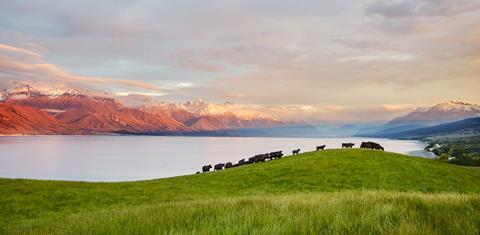
Across beef, lamb, venison, dairy, wine and produce, emissions per unit are often half those of equivalents produced in the UK or Europe .
And this is backed by rigorous measurement. New Zealand is one of the first countries to implement a standardised, nationwide, farm-level greenhouse gas (GHG) accounting system. Over 84% of New Zealand farmers know their on-farm emissions already and can provide these to the supply chains for transparency and traceability. This is backed by thorough lifecycle assessments (LCAs) to consistently evaluate the climate advantage of New Zealand’s supply chains.
Sustainability with substance
New Zealand’s commitment to net zero is also as ambitious as it is authentic. New Zealand has pledged a specific biogenic methane reduction target and committed to reach net zero for other emissions by 2050. These are not short-term goals for political point scoring, but roadmaps embedded in industry, supported by innovation and regulation.
Take its red meat sector: gross emissions from beef and lamb are down 32% [GHG Inventory] since 1990, thanks to improvement in genetics, better pasture management and land-use efficiency. The carbon footprint of New Zealand sheepmeat is less than half the UK average [AgResearch]. Meanwhile, its dairy sector, operating primarily in outdoor pasture systems, produces milk with a carbon footprint of just 1.09 kg CO₂-e per litre – with shipping accounting for just 3% [AgResearch].
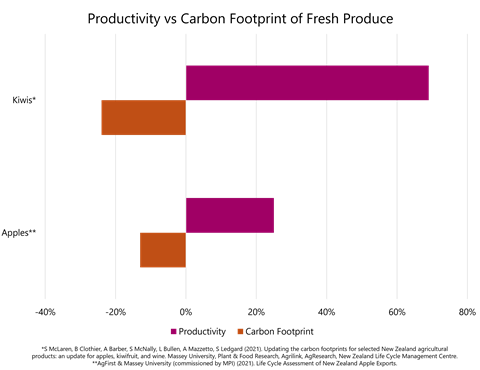
Elsewhere in agriculture, emissions reductions have gone hand-in-hand with productivity gains. Apple production grew 25% while emissions fell 13% over a decade [AgFirst & Massey University]. For example, Zespri, the country’s flagship kiwifruit exporter, cut emissions by 24% while boosting output by 69% [Varied], supported by carbon-conscious shipping and regenerative farming.
Wine producers, too, are on a defined path to net zero. The industry is targeting a 90% cut in emissions by 2050, with 96% of vineyards already certified under the Sustainable Winegrowing New Zealand programme – a world first of its kind.
Why distance doesn’t always equal higher emissions
While New Zealand may be 11,000 miles away, its products frequently have a lower carbon footprint than those grown closer to home. Shipping by sea is one of the most carbon-efficient transport methods (certainly more so than by road), adding relatively little to a product’s total emissions profile.
Looking over its lifetime, New Zealand’s efficient pasture use, renewable energy, disease-free livestock, and natural biodiversity create a holistic system rooted in minimising impact.
Supply chains with integrity
But sustainability isn’t just about emissions. Creating secure, ethical, and values-aligned supply chains is also of paramount importance.
Kaitiakitanga, the Māori concept of care for people and place, now and for future generations, is important in New Zealand. The wellbeing of ecosystems and people are viewed as part of an interconnected whole.
This also translates into collaboration. Many of New Zealand’s exporters already work closely with UK retailers on packaging innovation, waste reduction and seasonal sourcing strategies. These partnerships ensure year-round availability for products like lamb and fruit, without undermining domestic supply – a win for both climate and food security.
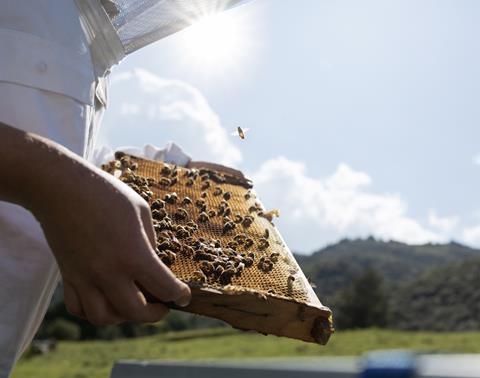
A partnership fit for the future
From emissions-labelled wine to regenerative fruit and antibiotic-free meat, New Zealand’s food and drink exports are already world-class while continuously gearing up for the future. So, for UK retailers seeking to decarbonise with integrity, the route to net zero may well lie further afield than expected.
Having supplied the UK with high-quality food products for over 140 years, New Zealand has long been a trusted supplier for the nation – only strengthened by the recent UK-NZ Free Trade Agreement.
New Zealand offers proof that high performance and low emissions can co-exist; that nature-first agriculture can scale; that distance need not equal damage. And, in a world where every shift of the dial matters, the right partners can make all the difference.
In the journey to net zero, it’s not just about how far you go, but how you get there. With New Zealand, UK retailers can take that journey with care, confidence, and a lighter footprint.
To read more, download the full Made with Care Report:
https://www.nzmadewithcare.com/uk/for-trade/why-new-zealand-food-and-beverage-belongs-on-uk-shelves
